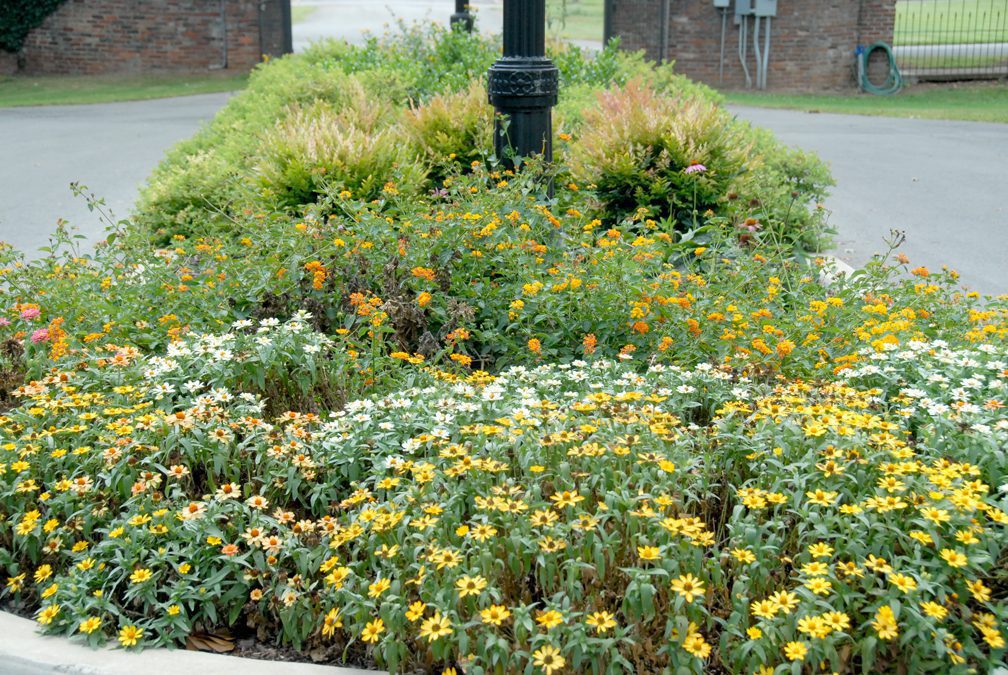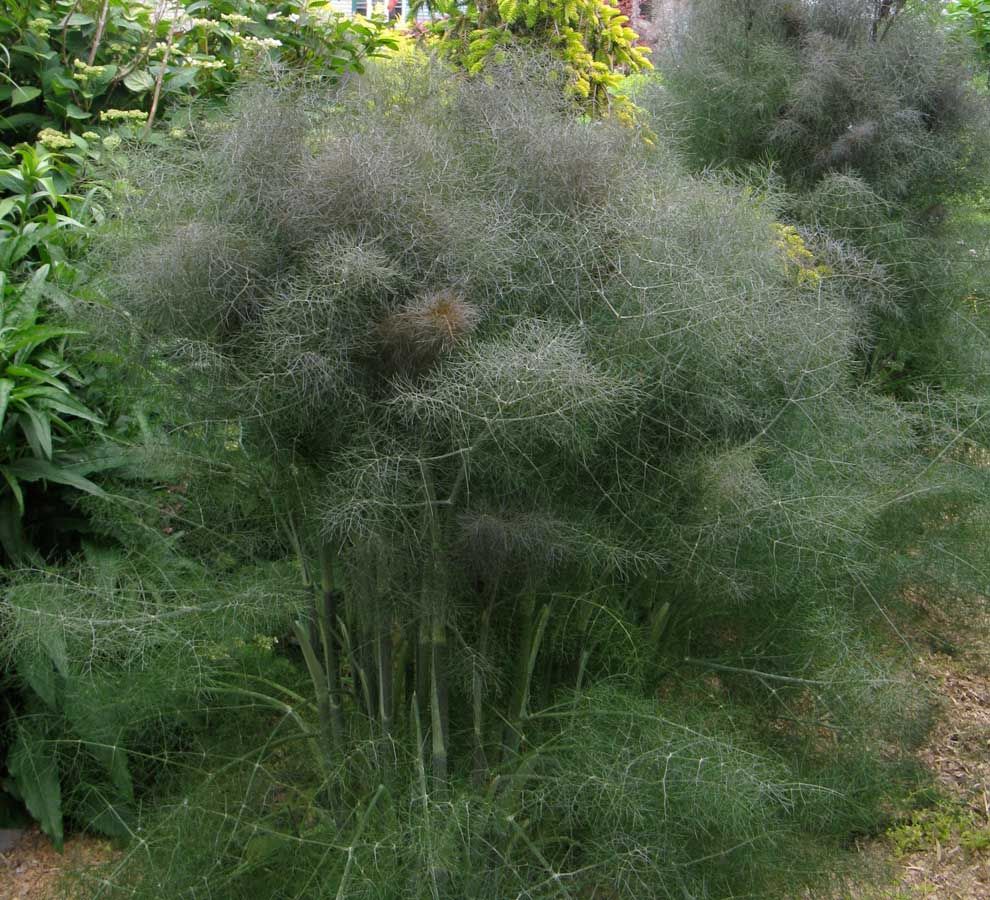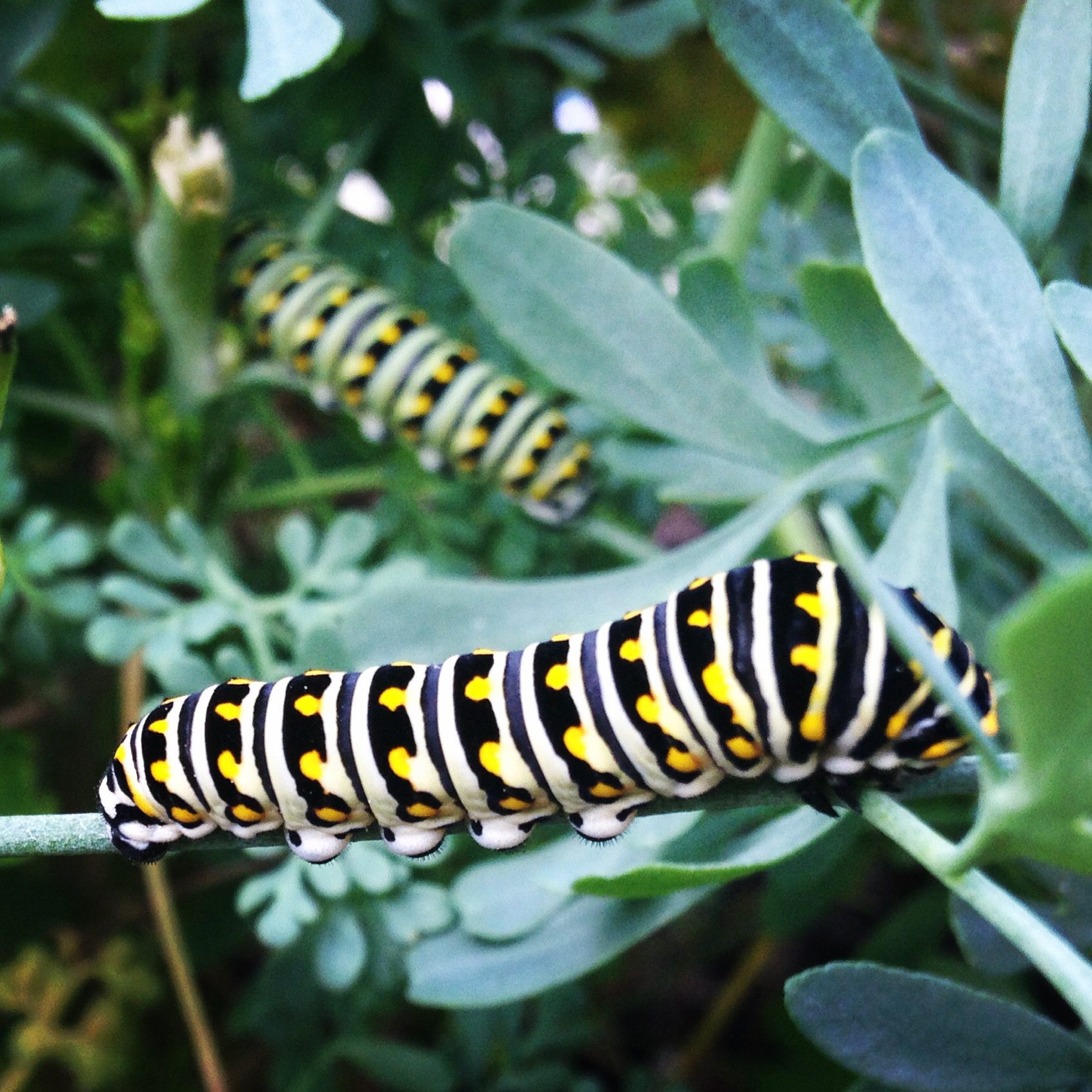In 2020 we learned that the first Saturday in May is not necessarily Derby Day, and neither is it a guaranteed time to start planting annual beds and filling hanging baskets. Kentuckians have learned the later lesson many times, yet we just cannot wait to get those colorful annuals going each year. They signal our charge into the days of summer. For the most part annuals are seen as disposable, being tossed at the end of the season. What if we squeezed a bit more use out of them and acquired annuals that gave back just a little each year?
I am referring to annuals that benefit our pollinators. Yes, when we think about pollinators we think about the longer-lived perennial, shrub, or tree, but why not extend the pollinator season by choosing annuals that benefit them too? In general, annual blooms with well-exposed stamen seem to be the preferred choice for pollinators. These include cosmos, zinnia, marigold, calendula, petunia, portulaca, Mexican sunflower, pentas, and alyssum as well as others.
Let’s not forget about herbs grown as annuals too! Culinary herbs in particular can serve double duty as an edible part of a bed or planter but also as a beneficial aspect to your pollinator population. Dill, fennel, and parsley are not only easy to grow, but also serve as host plants for Swallowtail butterflies. In addition, many annuals give up seeds easily. Marigold, zinnia, sunflowers, dill, and fennel make seed collection fairly effortless. If stored in a dark and dry place, they can be kept for resowing next year.
So keep in mind those pollinators when selecting your annuals this year. Perhaps at the end of the season we will feel more gratitude toward those short-lived plants that not only adorned our porch, but also gave a little back to our ecosystem.

Annual blooms with well-exposed stamen seem to be the preferred choice for pollinators

Bronze fennel gives us seeds easily

Annual blooms with well-exposed stamen seem to be the preferred choice for pollinators